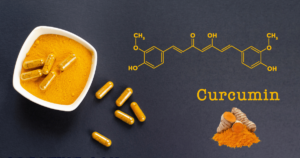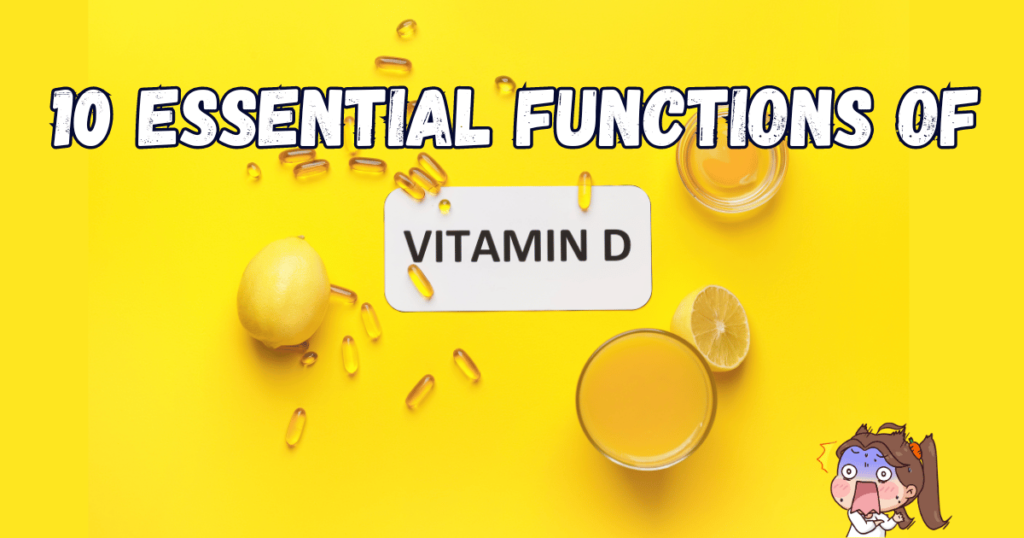Benefits of Turmeric and Curcumin Supplements

Benefits of Turmeric and Curcumin Supplements, Inflammation is the body’s natural response to injury and infection, playing a crucial role in the healing process. However, when inflammation becomes chronic, it can lead to a range of health issues, including arthritis, heart disease, and even certain types of cancer. In the quest for natural remedies, Turmeric and its active compound Curcumin have gained attention for their potential to combat inflammation. Let’s delve into the science behind these supplements and their benefits in addressing inflammatory conditions.
Turmeric: The Golden Healer
Turmeric, a vibrant golden spice native to South Asia, has a long history in traditional medicine. It’s a staple in many Asian cuisines and has been used for centuries to treat various ailments. The active ingredient responsible for turmeric’s therapeutic properties is Curcumin.
Curcumin: Nature’s Anti-Inflammatory Agent
Curcumin is a potent anti-inflammatory compound found in Turmeric. It works by blocking specific molecules in the body that trigger inflammation. In addition to its anti-inflammatory properties, Curcumin is also a powerful antioxidant, helping to neutralize harmful free radicals in the body.
Scientific Evidence on Curcumin’s Anti-Inflammatory Effects
A considerable number of scientific studies and clinical trials have been conducted to examine Curcumin’s effectiveness in mitigating inflammation, which is a common underlying factor in various chronic health conditions. These investigations have consistently suggested that Curcumin possesses potent anti-inflammatory properties, which, intriguingly, can rival the efficacy of certain pharmaceutical anti-inflammatory drugs.
One of the most remarkable aspects of Curcumin’s anti-inflammatory action is its ability to match the effectiveness of some synthetic drugs while not inducing the adverse side effects typically associated with these medications. This attribute makes Curcumin an exceptionally valuable alternative, especially for individuals seeking more natural treatment options or those who are sensitive to the side effects of standard pharmaceuticals.
Curcumin’s mechanism of action in combating inflammation is multifaceted. It is known to target multiple biochemical pathways involved in the inflammatory process. This includes inhibiting certain molecules and enzymes like cyclooxygenase-2 (COX-2), lipoxygenase, and nitric oxide synthase, which are known to play crucial roles in the development and persistence of inflammation. Additionally, Curcumin interferes with the activity of tumor necrosis factor (TNF) and certain interleukins, which are significant components of the inflammatory response. By acting on these various pathways, Curcumin demonstrates a comprehensive approach to reducing inflammation, which is beneficial in treating chronic inflammatory conditions like arthritis, inflammatory bowel disease, and heart disease.
Overall, the body of research on Curcumin underscores its potential as a versatile and powerful tool in the management of inflammation. Its natural origin, combined with its broad-spectrum anti-inflammatory action and low risk of side effects, positions Curcumin as an appealing and promising candidate in both preventive and therapeutic strategies against chronic inflammation.
Benefits Beyond Inflammation
In addition to its anti-inflammatory properties, Curcumin has demonstrated potential benefits in a wide range of health conditions. These include its role in supporting heart health, improving cognitive function, and even potentially reducing the risk of certain types of cancer. Its versatility makes it a valuable addition to any holistic approach to wellness.
Bioavailability: A Consideration in Supplementation
One challenge with Curcumin is its limited bioavailability when consumed on its own. To address this, Curcumin supplements often include piperine, a compound found in black pepper, which enhances absorption. Additionally, liposomal formulations and specialized delivery systems have been developed to improve Curcumin’s bioavailability.
Complementary Approaches to Reduce Inflammation
While Curcumin supplements can be a valuable tool in managing inflammation, they work best when part of a comprehensive approach to health. This includes maintaining a balanced diet rich in anti-inflammatory foods, regular exercise, stress management, and avoiding environmental toxins.
Consulting a Healthcare Professional
Before starting any new supplement regimen, especially if you have underlying health conditions or are taking medications, it’s important to consult with a healthcare professional. They can provide personalized guidance on dosage, potential interactions, and overall suitability based on your individual health profile.
Conclusion: Harnessing the Power of Curcumin for Inflammation
Curcumin, the active compound in Turmeric, offers a natural and potent solution for managing inflammation. Backed by scientific research, Curcumin supplements have shown great promise in addressing chronic inflammatory conditions. When combined with a holistic approach to health and wellness, Curcumin supplements can be a valuable ally in the journey towards a healthier, inflammation-free life.
As with any supplement, it’s essential to consult with a healthcare provider before starting a new regimen, especially if you have existing health conditions or are taking other medications. They can provide personalized advice based on your specific health needs.
check this out :Top 10 Worst Breakfast Foods to Avoid in the Morning for a Healthy Start
5 Science-Backed Health Benefits Of Turmeric



